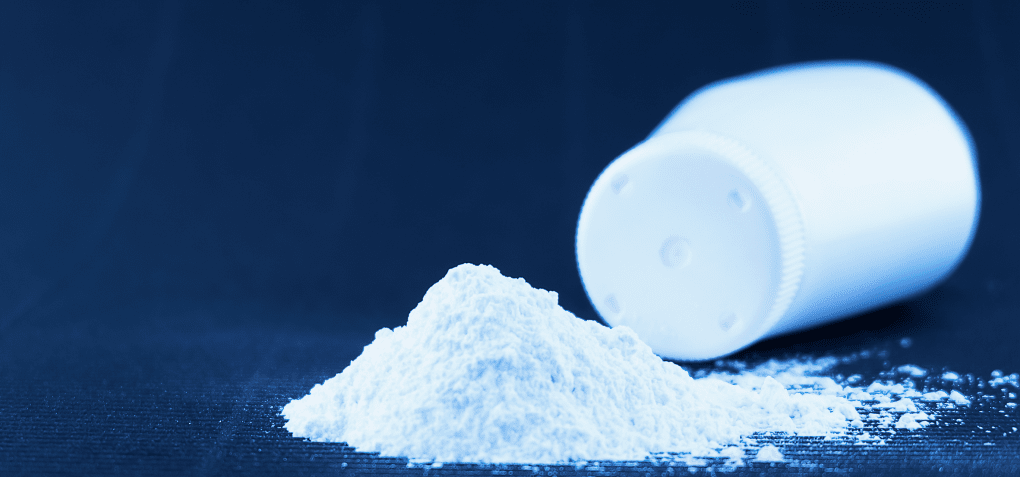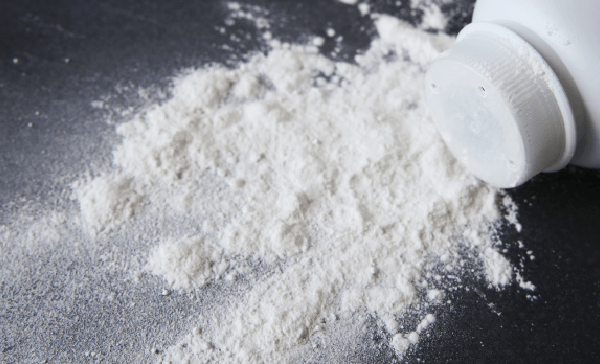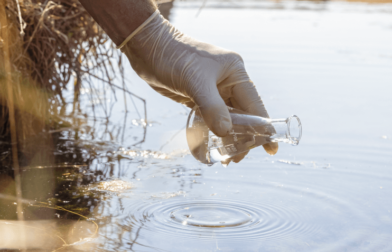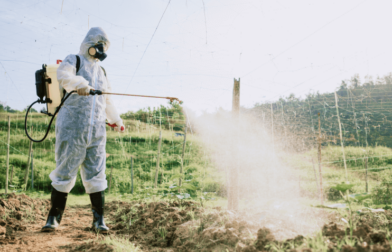FDA Issues Johnson’s Baby Powder Asbestos Recall

For years, Johnson & Johnson® has adamantly denied that their baby powder contained asbestos, a known carcinogen. However, a special news investigation published last year showed a pattern of cover-ups and positive lab tests going back decades. Now, the federal government is taking action, with the first recall of Johnson’s Baby Powder taking place in October 2019.
33,000 Bottles Recalled Over Fears of Asbestos in Baby Powder
In October 2019, the U.S. Food & Drug Administration (FDA) discovered asbestos fibers in a sample of Johnson & Johnson baby powder.
The positive test followed years of lawsuits alleging the same. It also validated a December 2018 Reuters investigation. The Reuters report revealed that internal tests at Johnson & Johnson had turned up positive for asbestos on multiple occasions.
The company insisted its product was safe right up until the FDA delivered its results — results that sparked an immediate recall of 33,000 bottles of baby powder, along with multiple retailers pulling Johnson’s Baby Powder from their shelves.
Retailers that have stopped selling the product include:
- CVS
- Rite Aid
- Target
- Walmart
The Johnson & Johnson recall specifically targets only one batch of Johnson’s Baby Powder and does not extend to other products. One-ounce bottles of baby powder, for instance, are still available through Target.com.
Johnson’s Baby Powder Asbestos History
Johnson’s Baby Powder is one of the company’s most famous products and one of the first products made by the original Johnson brothers in 1893. In the late 1950s, the Italian source of the powder’s talc was found to contain traces of tremolite — one of six minerals that can occur in asbestos.
Tremolite continued to be present in the company’s talc supply, even as its source moved from Europe to Vermont. Internal documents show increased concern by Johnson & Johnson executives through the late 60s as more evidence linked asbestos to cancer.
To “minimize the risk of possible self-generation of scientific data which may be politically or scientifically embarrassing,” the company took several steps.
- The company created fake studies suggesting their talc was safe and encouraged “subjective interpretations” of findings by outside agencies.
- Internal documents dating back decades show not just positive asbestos results from Johnson & Johnson labs, but memos discussing strategies for hiding this information. Thousands of lawsuits were filed over decades, and Johnson & Johnson lawyers successfully suppressed this damaging evidence from public view.
- The company has repeatedly and emphatically denied the presence of asbestos in their baby powder — even as internal information suggested otherwise.
The company’s talc source shifted to China in 2003 through supplier Imerys Talc America, which has been named as a co-defendant in many of the asbestos lawsuits. An Imerys spokesman continued the history of denial, telling Reuters that company tests “consistently show no asbestos.”
Court records show juries have mixed opinions, although their sympathies are shifting toward plaintiffs.
Three recent cases in New Jersey, California, and Missouri have ended favorably for plaintiffs, with the St. Louis case resulting in a $4.69 Billion award for 22 women who linked their ovarian cancer to Johnson & Johnson’s talc products.
Johnson & Johnson Expert Found Asbestos in Baby Powder While Working for the FDA
One of the strongest cases for asbestos in Johnson & Johnson products comes from one of its paid expert witnesses. Andreas Saldivar is the laboratory director of AMA Analytical Services, Inc. and has come to the defense of Johnson & Johnson up until May 2018.
A recent lab test of cosmetic talc products produced the results that prompted the first government recall of Johnson’s Baby Powder. Attorneys point to this as further proof that even Johnson & Johnson’s allies cannot deny the danger posed by the company’s baby powder.
Protect Yourself from Asbestos in Baby Powder
As evidence grows against Johnson’s Baby Powder, the company continues to vehemently deny the allegations.
On October 29, 2019, the company conducted its own tests on the tainted batch and said no asbestos was found in the product. The company repeated the test 48 times from the same samples and discovered no asbestos, according to Johnson & Johnson.
Those assurances provided little comfort to shareholders, with the company’s stock losing 8% of its value over the past six months. Last year’s $4.69 Billion award to 22 women and their families is another indication of the public’s eroding trust in Johnson & Johnson.
As more evidence comes to light, officials urge the public to use non-talc alternatives, including corn starch. Current and past users of Johnson’s Baby Powder are encouraged to educate themselves on the risks of talcum powder cancer and asbestos.
Written by: LawFirm.com
LawFirm.com makes it easier to take legal action. We have information, lawsuit guides, and breaking news about drugs, products, and other issues that could affect you.



